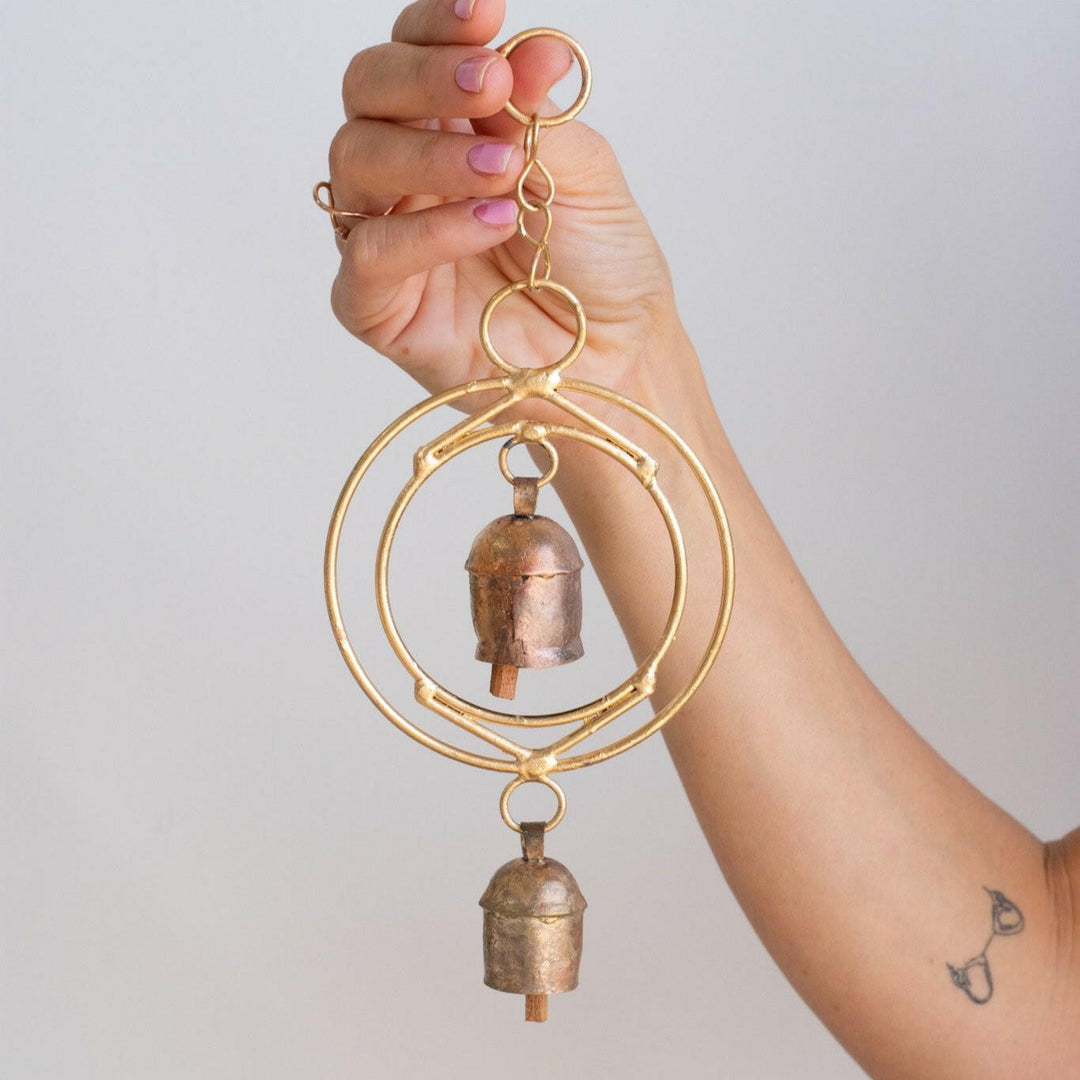Goals to Make While Grieving
The idea of setting New Year resolutions after you have gone through loss can feel pretty impossible. And hear me first say – setting resolutions is not for everyone. Nobody, especially not people in their season of grief, should feel external pressure to set expectations on themselves. But, if you are the type of person who traditionally enjoys setting New Year resolutions, and you’re trying to figure out how to reconcile that desire with your experience of grief, here are a few ideas of how to make your list.
1. Make Small Goals
First off, it is important to start with small and achievable goals. Losing someone you love comes with a huge sense of sadness. But beyond just that, you start to experience many moments of smaller disappointments that can come together to contribute to feelings of grief. From feelings of emptiness of holidays without your loved one, to missing them on regular weekdays, to feeling their absence in small everyday ways, loss comes with a myriad of disappointments.
Acknowledging that you will be experiencing many disappointments already, it helps to keep your goals achievable so you don’t accidentally set yourself up for more disappointment. Be patient and kind to your grieving self, and focus on baby steps. This way, you can feel a sense of accomplishment and set yourself up for a positive experience with your goals.
2. Choose Resolutions that Focus on Self Care
Even though self care is hard to do after loss, it is such an important part of the grieving experience. Caring for your mind, body, and soul helps give you the space and rest that you need to process what your loss means in your life. Resolutions that are aimed at prioritizing self care can help you have what you need during a tough year.
For each person, a resolution to focus on self care will (and should) look different. Some ideas of wellness oriented areas include prioritizing a good night’s rest, spending 20 minutes outside a day, taking up a practice of meditation, eating well for strength, finding an exercise routine that feeds your soul, finding a good book to enjoy, or spending time with a close friend or family member. However you choose to manifest self care, it is an achievable resolution that also gives you space to process your grief.
3. Join a Support Group
Joining a support group is one of the best things you can do if you are struggling to process your grief. It is very normal to feel lonely after loss, and a support group is a great tool to help you fight feelings of isolation.
The reality also is that some types or situations of loss are nuanced and complicated, making it hard for you to find the understanding or support that you might need from family or friends, no matter how well meaning or compassionate they might be. For example, if your loved one passed away to suicide, you might struggle to find other individuals who can truly understand the many complicated emotions you are experiencing. A support group is a place to find community and camaraderie, and is another resolution that at the same time makes a huge difference in your grieving process.
4. Begin the Practice of Spreading Kindness
One of my favorite things that I often see in the grief community are activities to “spread kindness” in memory of a loved one. The idea is that these acts of kindness connect communities and individuals to make the world a better place in memory of a loved one who has passed away. The types of kindness acts that are encouraged varies. I’ve seen food drives, donations to charities, random acts of kindness to strangers, gift chains, and toy drives.
Some acts of kindness activities are done once a month in order to spread the memory of the loved one all year long, while others are done near their birthday or holidays. When the activity occurs does not really matter – it is the act of doing good in the world in their honor that makes the difference. Adding this activity as a resolution gives you something to look forward to during this next year.
What are some resolutions that have helped you during your time of grief?






